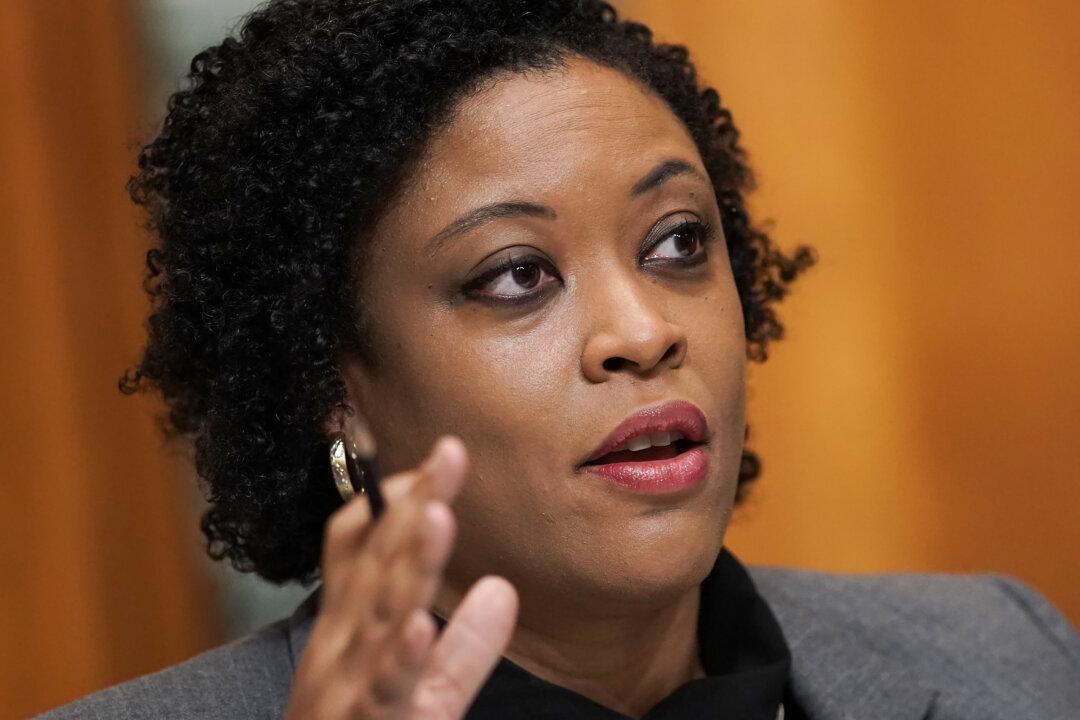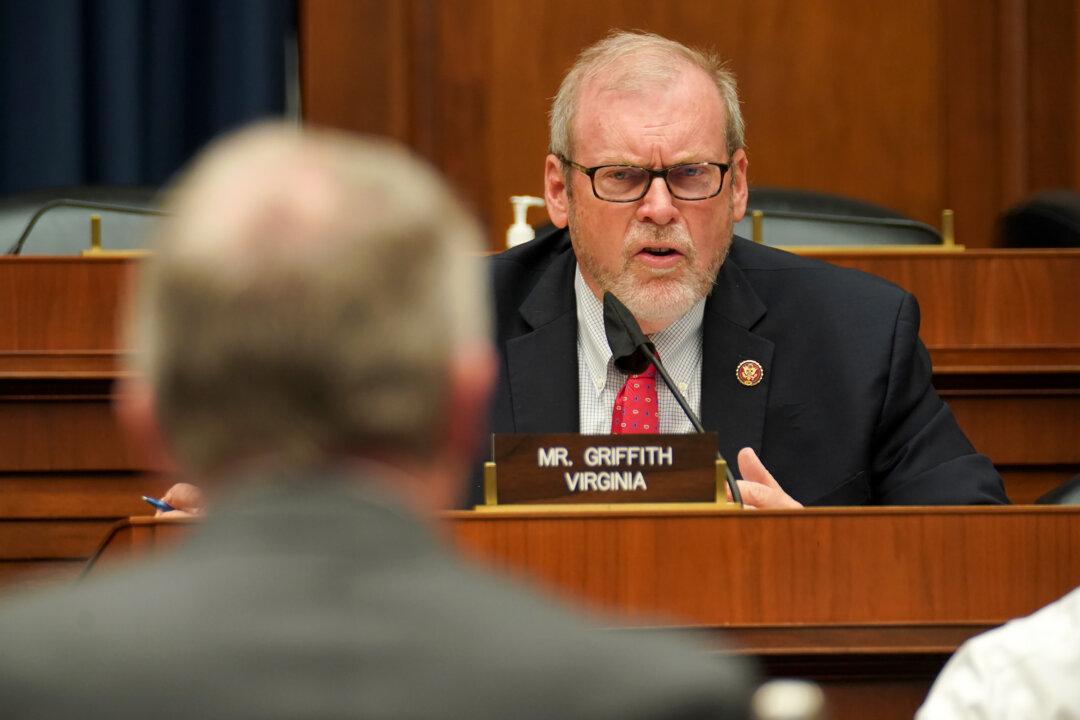White House Budget Director Shalanda Young refused to say how much is enough when asked to specify the “fair share” of taxes the wealthiest Americans should pay.
President Joe Biden has repeatedly said his 2024 budget proposal ensures that the wealthy pay their fair share in taxes, a theme Young repeated often when testifying before the Senate Committee on the Budget on March 15.





